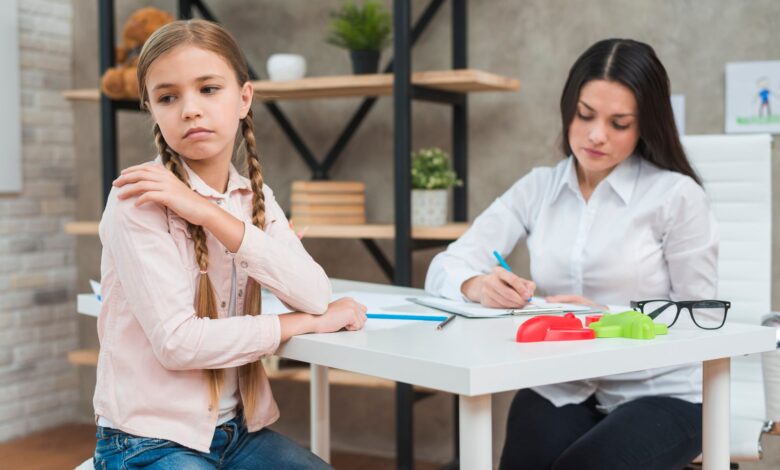Empower Your Child: Effective Strategies for Managing Anxiety

It is common for people with anxiety, even children, to struggle with self-esteem and confidence. If you notice anxiety in 6-year-old symptoms displayed in your little one, you want to find ways to encourage self-confidence, empowering their belief in themselves.
While it may sound challenging to empower someone, especially little ones, it is straightforward. You want to help them learn how to self-soothe and relax to feel in control of their emotional state. Also, you want to create an environment of open communication where they can feel free to express their wants and needs.
Relaxation Techniques
You can find child anxiety medication over the counter that benefits kids with mild to moderate anxiety. Many OTC options require regular use to see any real difference in the severity and occurrence of symptoms.
For many children, especially those with mild anxiety, simply learning relaxation techniques is enough to help them self-manage their anxiety. Relaxation techniques include breathing exercises, meditation, and mindfulness activities. However, some activities, like drawing or coloring, might be more engaging for your child.
When looking into relaxation techniques, you want to find things that interest or engage your child. In many instances, techniques are meant to distract from an anxiety trigger, allowing your child to realize they are safe and in control of their emotions. Teaching children self-awareness is challenging, but it is a crucial element of anxiety treatments.
A common pitfall most parents fall into is trigger avoidance. While it is necessary to identify anxiety triggers in children, you never want to avoid the trigger as a solution to treatment for anxiety. Avoidance is a form of fear validation, and your little one will never learn to manage their feelings around the trigger because they feel there is a legitimate reason to fear it.
It is better to sit in the moment and help your child work through their anxiety. For example, if your little one is afraid of going to school, try taking them on tours of the building and engaging in role-play. Help them realize there is nothing to fear about the situation. Also, never tell your children they are overreacting or being absurd. Validate their feelings by saying, “I understand you are afraid, and that’s Ok, but can you tell me why?” Breaking down the anxiety trigger can help them understand their emotions, and it can help you find a way to help them.
Open Communication
While natural anxiety meds are excellent tools to combat anxiety symptoms, the best tool in your arsenal is open communication. Your little one needs to know they can talk to or call on you whenever they feel uneasy or afraid. They shouldn’t have to carry feelings of shame or embarrassment about their anxiety.
Open communication is the ability to communicate freely without fear of reprisal, judgment, or ridicule. Creating opportunities for open communication with your little one can ensure healthy parent-child relationships throughout adolescents. The process is as simple as asking open-ended questions and showing a genuine interest in the response.
Children with anxiety can find it challenging to explain their emotions, creating feelings of inadequacy. Parents can help by showing support, guiding them through relaxation techniques, and engaging in open communication. For more tips and help, contact a local child psychologist or pediatrician.



